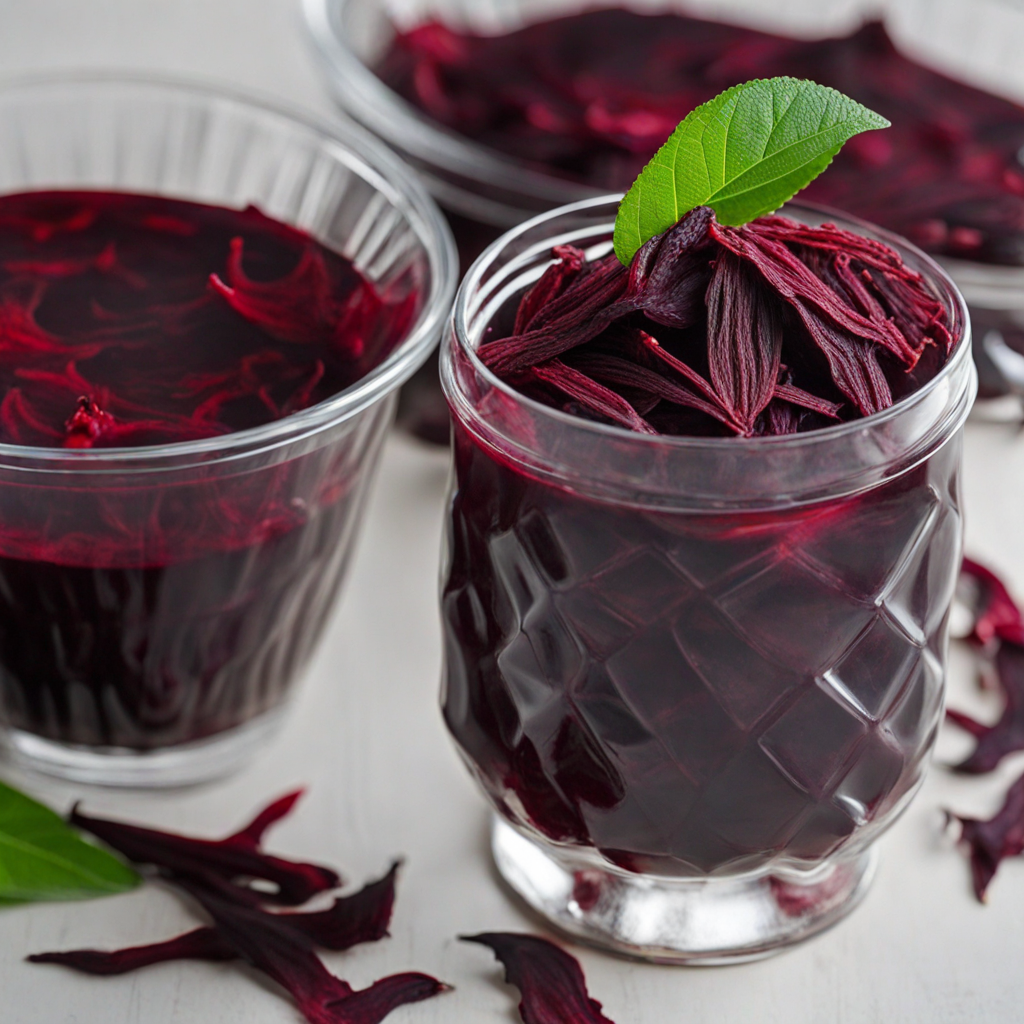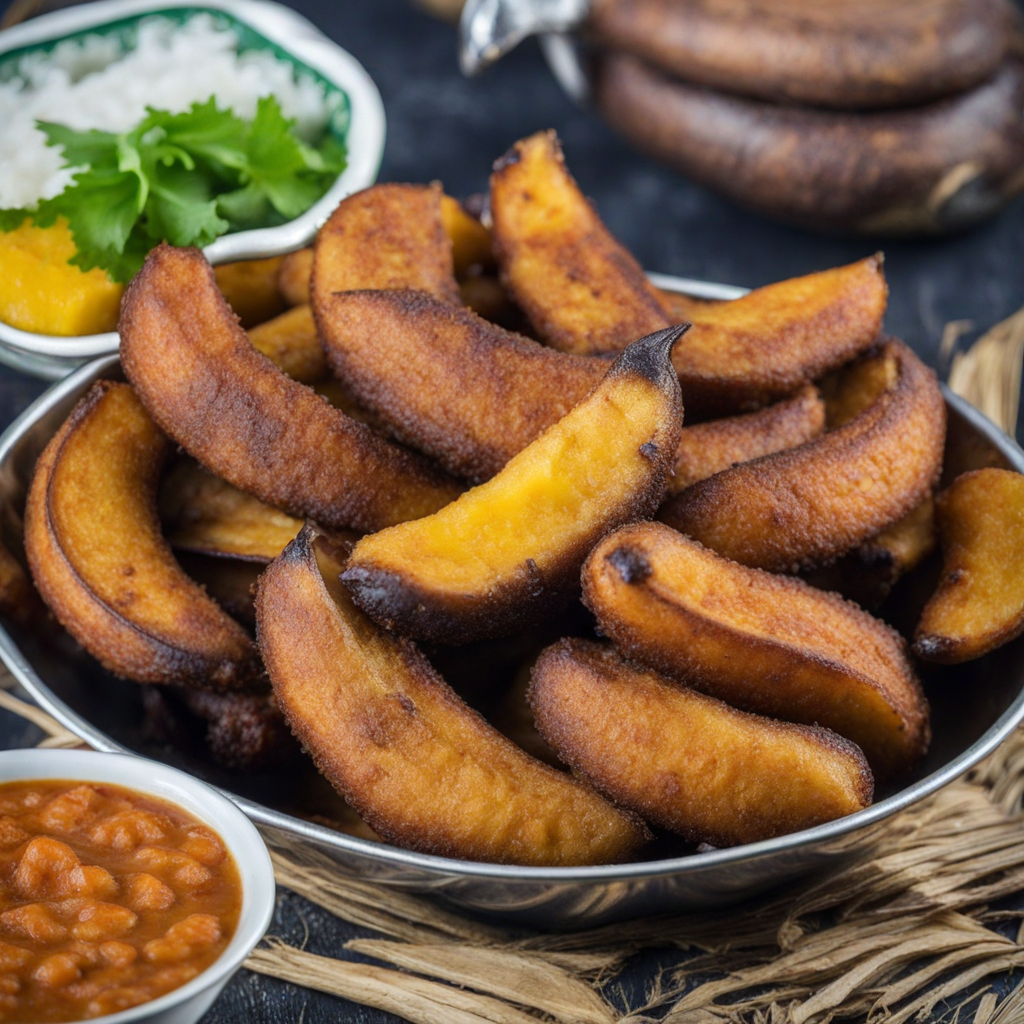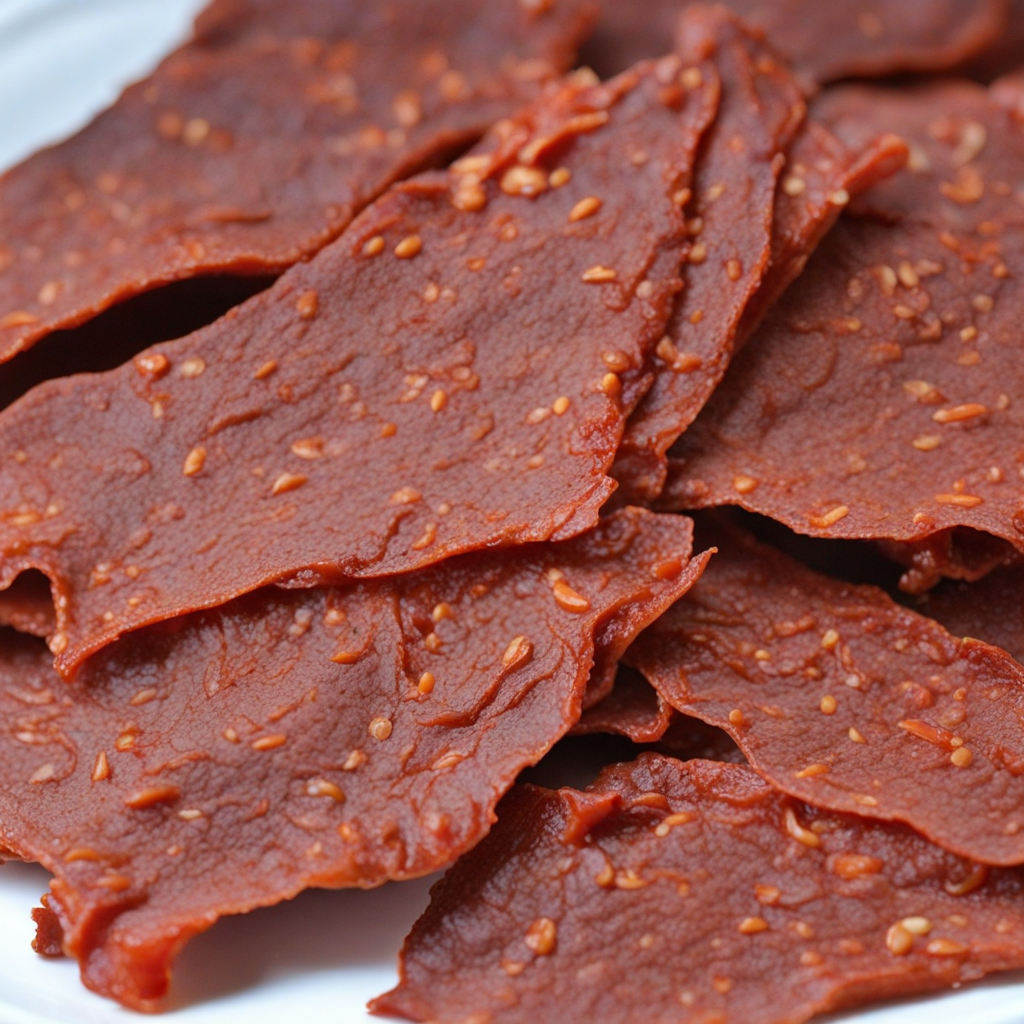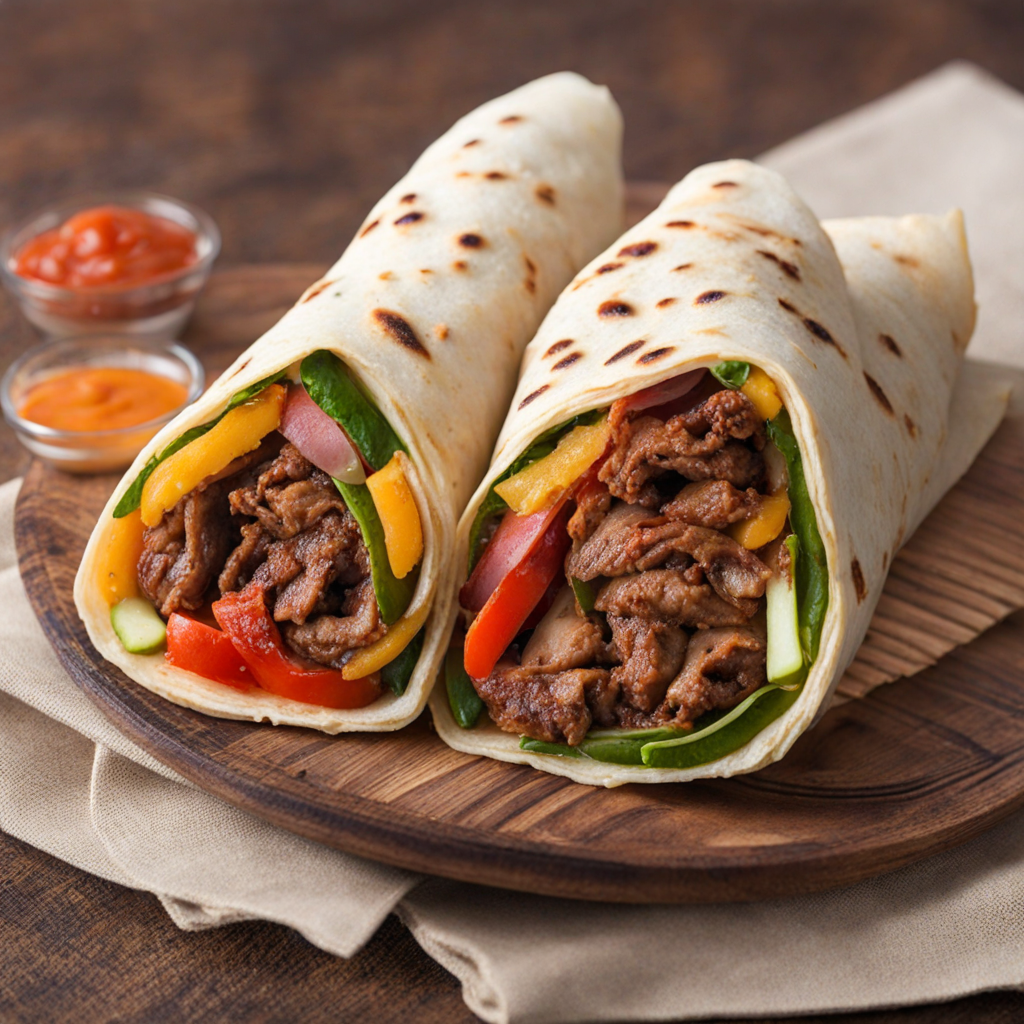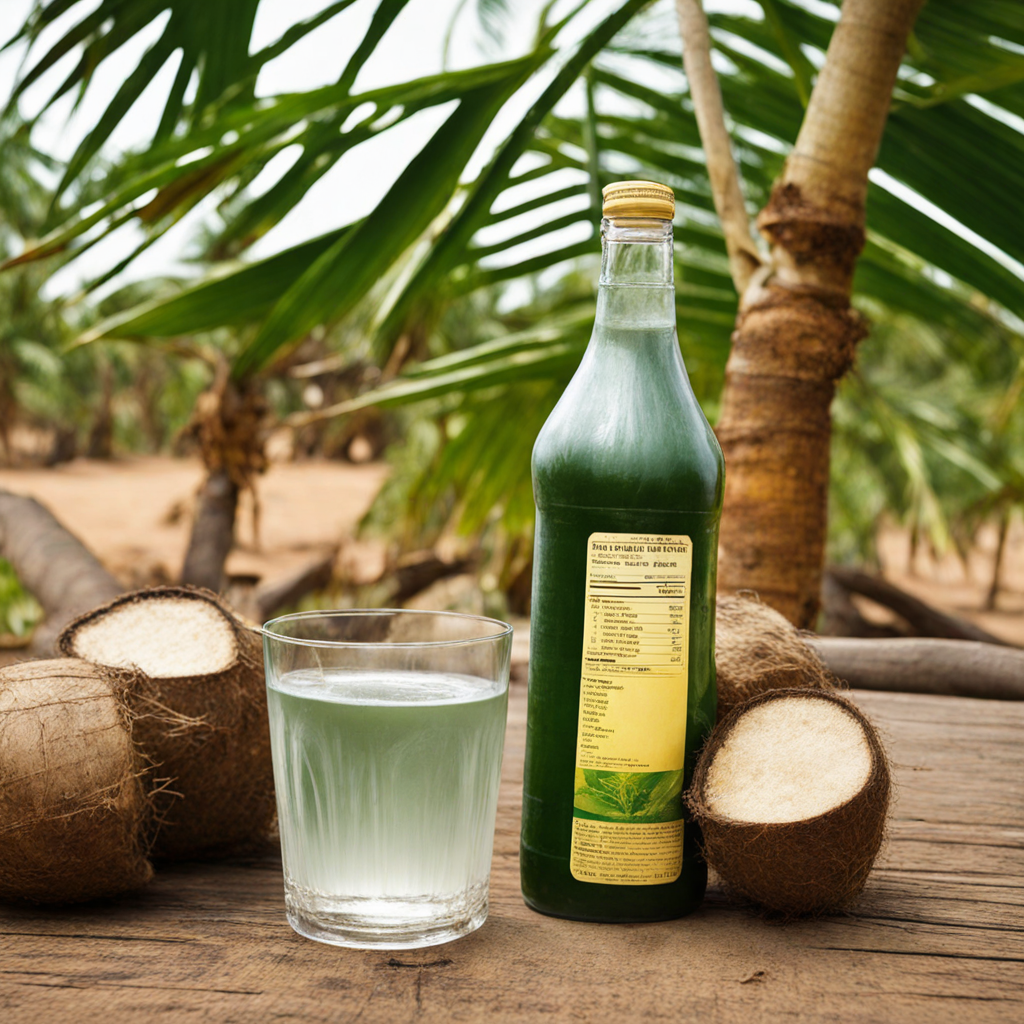Zobo
Zobo is a vibrant and refreshing drink made from the petals of the hibiscus flower, which is known for its deep red color and tart flavor. This drink is a staple in Nigerian cuisine and is often enjoyed chilled, particularly during hot weather. The hibiscus petals are steeped in boiling water, releasing their rich color and tangy taste, which is further enhanced with the addition of spices such as ginger, cloves, and sometimes even pepper. The result is a drink that is both invigorating and slightly sweet, depending on the amount of sugar or honey added during preparation. The preparation of Zobo is a delightful experience, as the aroma of the spices fills the air while the petals infuse their essence into the water. Traditionally, it is served chilled, often garnished with slices of citrus fruits like lemon or lime, which not only add a zesty twist but also enhance its visual appeal. The combination of flavors creates a complex profile that dances on the palate, simultaneously sweet, sour, and spicy, making it an exciting beverage to sip on any occasion. Zobo is not just a delicious drink; it also boasts numerous health benefits. Rich in antioxidants, it is thought to help lower blood pressure, support liver health, and improve digestion. In addition to its health properties, Zobo is often enjoyed during social gatherings and celebrations in Nigeria, symbolizing hospitality and community. Whether served at a family gathering or enjoyed as a refreshing treat on a hot day, Zobo is an essential part of Nigerian culinary culture that invites everyone to explore its unique and delightful flavors.
How It Became This Dish
The Vibrant History of Zobo: Nigeria's Hibiscus Drink Zobo, a refreshing beverage originating from Nigeria, is much more than a drink; it is a representation of cultural heritage, community, and tradition. Made primarily from the dried calyces of the hibiscus flower (Hibiscus sabdariffa), Zobo is known for its deep crimson color and tart flavor, often sweetened with sugar or honey and flavored with spices such as ginger and cloves. Its journey through time reflects the rich tapestry of Nigerian society and its culinary practices. #### Origins of Zobo The hibiscus plant is believed to have originated in Africa and Southeast Asia, and the use of its flowers for culinary purposes has a long history. In Nigeria, the drink known as Zobo is particularly associated with the Yoruba and Hausa ethnic groups, who have incorporated it into their food culture for generations. The name "Zobo" is derived from the Hausa word "zobor," which refers to the drink made from hibiscus petals. Historically, the consumption of hibiscus tea dates back to ancient civilizations. In Egypt, it was used for its cooling properties and was favored by the pharaohs. The West African region, with its abundant hibiscus plants, adopted this floral infusion, adapting it to local preferences and practices. Over time, Zobo emerged as a staple in Nigerian households, particularly during festive seasons and communal gatherings. #### Cultural Significance Zobo is more than just a thirst-quencher; it plays a vital role in Nigerian culture. It is often served at celebrations, weddings, and parties, symbolizing hospitality and communal spirit. The preparation of Zobo can be a social event in itself, where families and friends come together to brew the drink, share stories, and enjoy each other's company. The vibrant color of the drink is often associated with joy and celebration, making it a popular choice for festive occasions. In addition to its social significance, Zobo is also celebrated for its health benefits. Rich in antioxidants, vitamins, and minerals, hibiscus tea has long been used as a natural remedy for various ailments. Traditional healers in Nigeria have employed Zobo for its purported ability to lower blood pressure, improve digestion, and boost the immune system. This medicinal aspect of Zobo has further entrenched it in the fabric of Nigerian culture, where health and wellness are often intertwined with culinary practices. #### Development Over Time The evolution of Zobo can be traced through the changing landscape of Nigerian society. Traditionally, Zobo was a simple infusion made from dried hibiscus flowers, water, and sometimes a sweetener. However, as globalization and urbanization have taken hold, the preparation and consumption of Zobo have transformed. In the 21st century, Zobo has gained popularity beyond Nigerian borders, making its way into the international culinary scene. The drink's vibrant color and unique flavor have attracted the attention of food enthusiasts and health-conscious consumers alike. This shift has led to the commercialization of Zobo, with bottled versions becoming available in supermarkets and health food stores, both in Nigeria and abroad. The rise of social media has also played a significant role in the promotion of Zobo. Influencers and food bloggers have embraced the drink, sharing recipes, variations, and health benefits with a global audience. This online presence has not only popularized Zobo but has also fostered a sense of pride among Nigerians, encouraging a resurgence of traditional culinary practices. #### Modern Interpretations As Zobo continues to evolve, contemporary interpretations of the drink have emerged. Innovative recipes now include a variety of ingredients, such as fruits—like pineapple and mango—to enhance the flavor profile. Some versions incorporate other herbs and spices, creating unique blends that cater to diverse palates. This creative experimentation reflects a broader trend in Nigerian cuisine, where traditional recipes are adapted to suit modern tastes while still honoring their roots. In addition to its versatility, Zobo has also become a canvas for cultural expression. Various regional variations exist, with different ethnic groups adding their unique twist to the recipe. For instance, in some regions, Zobo is infused with local herbs or served with a dash of local spirits, creating distinct flavors that celebrate regional identities. #### The Future of Zobo Looking ahead, the future of Zobo seems promising. As awareness of health and wellness continues to grow, the demand for natural and nutritious beverages is on the rise. Zobo, with its rich nutritional profile and refreshing taste, is well-positioned to meet this demand. Entrepreneurs in Nigeria are increasingly exploring ways to package and market Zobo, aiming to reach a broader audience. Moreover, the sustainable cultivation of hibiscus flowers presents an opportunity for local farmers. As the global market for herbal teas expands, there is potential for economic growth within communities that produce hibiscus. This not only benefits farmers but also helps to preserve traditional agricultural practices and biodiversity. #### Conclusion Zobo is more than just a drink; it is a symbol of Nigeria's cultural heritage, embodying the spirit of community and wellness. From its humble origins as a local beverage to its modern interpretations and global appeal, Zobo has maintained its status as a beloved drink in Nigerian society. As it continues to evolve, Zobo stands as a testament to the resilience and creativity of Nigerian culinary traditions, promising to refresh future generations while honoring its rich past. Whether enjoyed at a festive gathering or sipped quietly at home, Zobo remains a vibrant thread in the tapestry of Nigerian culture, inviting all to experience its unique flavor and significance.
You may like
Discover local flavors from Nigeria


